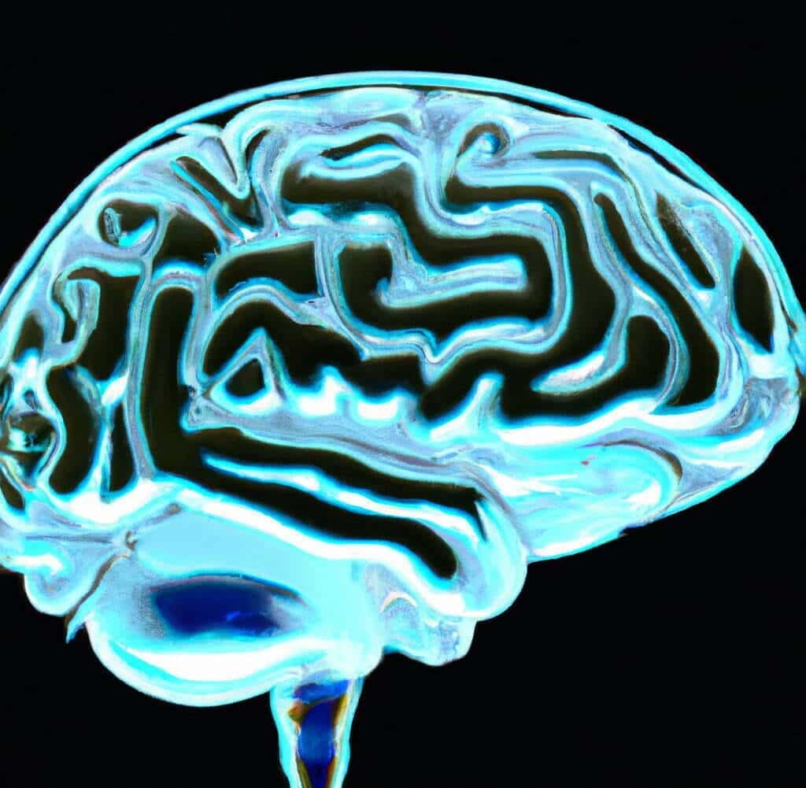Hello brave parents and caregivers!
Let’s face it, parenting is hard. Parents are continually challenged to find effective disciplinary techniques for their children. And we’ve all had moments of feeling overwhelmed amid the challenges of redirecting our children’s inappropriate behavior. Trust me when I tell you I’ve been there.
It is common knowledge that sometimes well-intentioned and loving parents, usually at their wit’s end, resort to spanking in response to their child’s misbehavior.
Over many years as a child and adolescent psychiatrist, I have recommended against spanking, and, over just as many years, I’ve found my recommendation met with skepticism by many parents. In my practice, I’ve observed spanking across racial, ethnic, and socioeconomic backgrounds. Even though spanking can negatively affect a child’s development, it remains a common societal practice in the U.S. So, I’d like to take a close look at why spanking is 100% not recommended. Please read on, fellow parents, as this is important.
What is Spanking?
Technically, spanking is defined as “the use of physical force with the intention of causing a child to experience pain, but not injury, for the purpose of correcting or controlling a child’s behavior” 1. For the purpose of this post, spanking will refer to hitting a child on the bottom with an open hand. Spanking is typically used to punish a misbehavior to make it less likely to happen again. In the U.S., it is a common practice, with 85% of teenagers reporting they have been slapped or spanked by their mothers at some point 2.
Seven BIG Reasons Not to Spank Your Children
Parents and caregivers, please let me outline the reasons not to spank your children and hopefully convince you that spanking is harmful and has no place in childrearing.
1. Spanking is Ineffective
Research has shown that spanking simply does not work. In other words, children who are spanked are not more compliant with their parents and do not engage less in undesirable behavior. In fact, more spanking is associated with less compliance in the long-term. 2
The reasons for this are severalfold. In order to effect long-term change behavior, a child must understand and internalize why it is important to behave appropriately. Spanking, because it provides only external incentive to behave, robs the child of the ability to learn why a particular behavior is wrong and how to act in a more adaptive way; not only does this limit effective learning, it limits a child’s ability to build essential skills required for favorable social-emotional development. Plus, children feel scared when a parent hits them; it is virtually impossible to learn when you’re emotional. (Imagine yourself being asked to learn the rules of chess just after being told that your credit cards have been stolen—probably not gonna happen!).
2. Spanking Increases Aggression
Spanking involves an excessive use of power that models using aggression to get what you want. Some children respond with compliance and submission, stripping them of their sense of autonomy. Others may cope by “joining in” and misusing power in their own lives through bullying or acting out, creating the sense of power for themselves that they are missing in their home life. Indeed, research has shown that spanking definitively increases aggression in children. 2
3. Spanking Erodes the Parent-Child Relationship
Parents can become frustrated and tense when they are angry with children they love. When they use physical discipline, they may be particularly overwhelmed and not using their best judgement. A child’s security is undermined when she senses that her parent, the very basis of safety and security, is out of control. After all, children feel most confident and capable when they feel secure in their relationship with their parents. Conversely, many parents feel guilty or ashamed when they spank their kids, which may affect their comfort in their relationship with their child. The overall effect is to undermine a healthy parent-child relationship.
4. Spanking Confuses Kids
Spanking sends mixed messages to kids. Parents often tell their children not to hit and to “use their words” to solve problems. This message is obviously diminished when parents use physical force to discipline. Plus, when they spank, parents may inadvertently give their children permission to find solutions through action rather than words.
Spanking may also confuse kids about the role of a parent in their lives. A parent is the primary source of comfort and security for a child—their very lifeline. It is confusing for children to reconcile this role with the parent who is now hurting them. Imagine how difficult it might be for a child to understand a reality where he experiences physical pain from his parent in one moment and snuggles at bedtime with that parent the next.
5. Spanking Negatively Affects Child Development
Like I said, spanking jeopardizes a child’s social-emotional development because it does not provide her with an opportunity to learn why a behavior is inappropriate and how to problem-solve more adaptive responses.
Furthermore, even in environments where parents are often supportive and loving, a child who is spanked may come to believe that she deserves to be hurt; indeed, that there must be something wrong with her. This can seriously undermine feelings of worth and confidence and have far-reaching effects. Confidence is needed for favorable development. Let’s imagine an example: A child lacking in confidence may experience deeply painful feelings of inadequacy upon the slightest failure and, because of this, avoid academic or athletic challenges. As new challenges arise in adolescence, she may regress to 2-year-old behavior by using oppositionality to assert her independence or, perhaps, cope with feelings of inadequacy by turning to drugs.
6. Spanking is Associated with Mental Health Problems
If you’ve read up to this point, you won’t be surprised to learn that spanking is associated with mental health problems. What you may not realize is just how HUGE the impact of spanking could be. So much so, in fact, that it’s on par with physical, sexual, and emotional abuse. Indeed, like severe maltreatment, spanking is associated with childhood and adulthood mental health problems, including suicide attempts, moderate to heavy drinking, recreational drug use, depression, personality disorders, and engagement in self-injurious behavior. 1,2 You see parents and caregivers-HUGE.
7. Spanking Alters Brain Development
Neuroimaging research also supports this; spanking has the same negative impact on child brain development as severe maltreatment. Children who have been spanked demonstrate higher activation in the prefrontal cortex, the brain area involved in emotion regulation, than those who haven’t, putting them at risk for anxiety, depression, and aggressive behavior. 3 Friends, the proof is in the MRI.
Brave parents and caregivers,
I hope I’ve convinced you that spanking is not the answer to addressing your child’s inappropriate behavior. Not only can spanking harm your child, it jeopardizes the goal most of us parents have: to raise a child who is respectful, kind, and moral.
Let’s approach parenting with love and nurturance and strive for connection with our kids.
Until next time,

References:
- Afifi TO, Ford D, Gershoff ET, et al.(2017). Spanking and adult mental health impairment: The case for the designation of spanking as an adverse childhood experience. Child Abuse & Neglect. 24-31.
- Gershoff ET (2013). Spanking and child development: We know enough now to stop hitting our kids. Child Development Perspectives. 133-137.
- Cuartas J, Weissman DG, Sheridan MA, et al. (2021). Corporal punishment and elevated neural response to threat in children. Child Development. 821-832.


